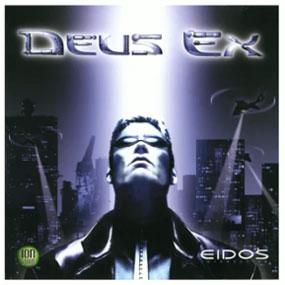Video game companies are increasingly finding that large numbers of fans are willing to donate a few bucks in order to see a game they want developed. And sometimes those few bucks add up to big money. Double Fine raised $3.3 million from 87,000 people this year;
Wasteland 2 raised $2.9 million; and
Shadowrun Returns secured $1.8 million, according to the New York Times. But typically, the fundraising rarely reaches seven digits. The Times found that 854 game developers successfully reached their fundraising goals, securing an average of $29,409 each.
Standing Out In a Crowd
Kickstarter and other crowdsourcing sites are becoming a more popular way to get funding for a new game. Since Kickstarter began three years ago, its games category has raked in $29 million in pledges. And while games are popular, film/video, music and design are the category leaders.

Gambitious, a site that soon will exclusively focus on helping game companies raise money, will launch on June 5 at E3. Even Electronic Arts is getting in on the action, announcing developers who have crowdfunding can sell their games on its Origin online portal at no cost for three months.
Kind Hearts, Cold Cash
“The public support for crowdfunding creative game ideas coming from small developers today is nothing short of phenomenal,” said David DeMartini, EA’s SVP of Origin. “It’s also incredibly healthy for the gaming industry. Gamers around the world deserve a chance to play every great new game.” As All Things Digital notes, Videogame Analyst Scott Steinberg’s e-book,
Crowdfunding Your Business: A How-To Guide, says crowdfunding helps developers identify projects that consumers are willing to pay for, before they’ve wasted the money and time on developing them. By “requesting feedback or recruiting help from public donors via open calls for assistance — you can gauge demand for and create bankable products from day one,” he writes.
Related Links
Image:
Giant Bomb  Gambitious, a site that soon will exclusively focus on helping game companies raise money, will launch on June 5 at E3. Even Electronic Arts is getting in on the action, announcing developers who have crowdfunding can sell their games on its Origin online portal at no cost for three months.
Gambitious, a site that soon will exclusively focus on helping game companies raise money, will launch on June 5 at E3. Even Electronic Arts is getting in on the action, announcing developers who have crowdfunding can sell their games on its Origin online portal at no cost for three months.


